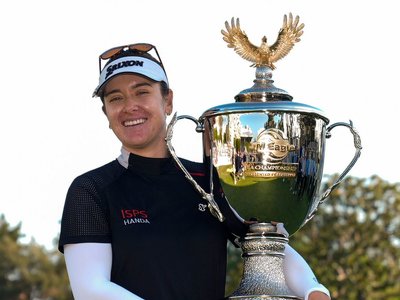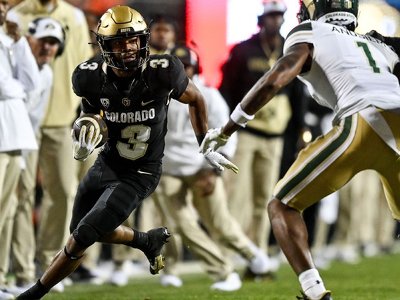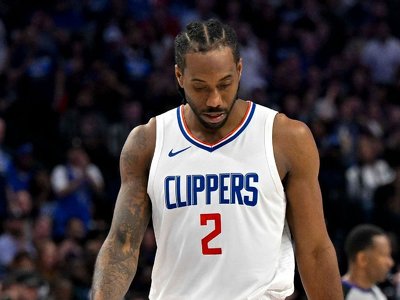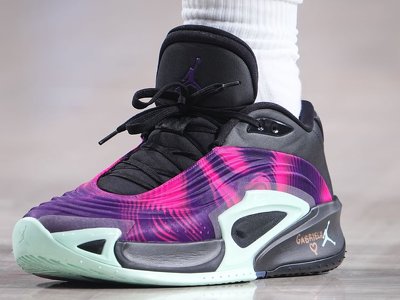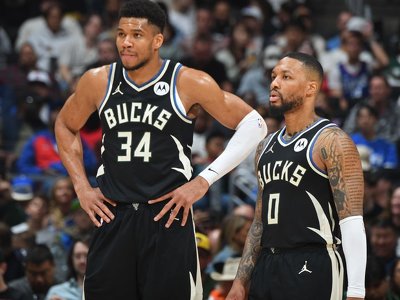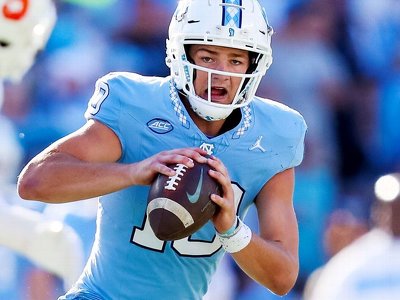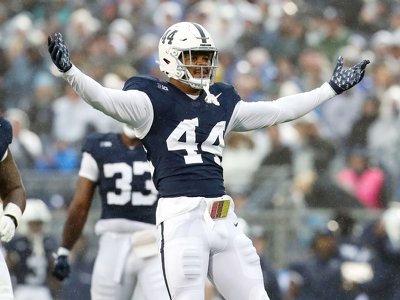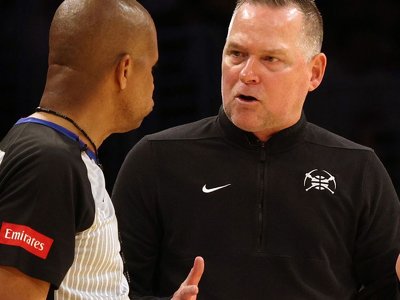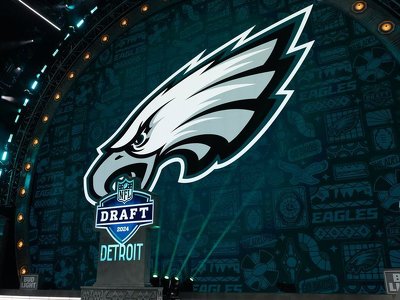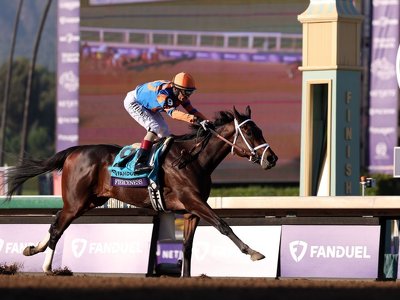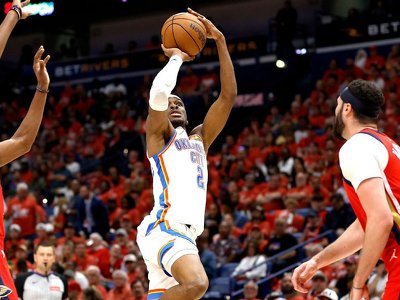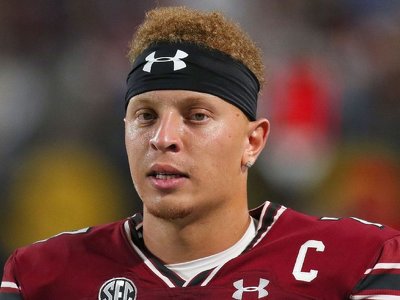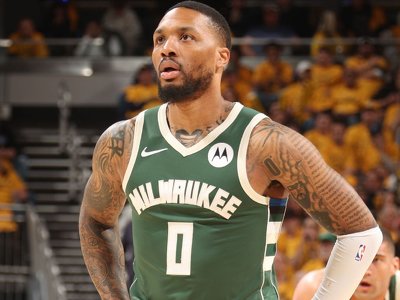Dallas Cowboys and Pittsburgh Steelers have had some of the best QBs of all-time

Quarterbacks are the lifeblood of modern NFL offenses and they have taken on a huge role in the Super Bowl era. Some were flashy, other methodical. Some earned nicknames, while others earned titles while some earned both.
There is no shortage of great quarterbacks to discuss over the last 60 years, and we wanted to distill that list.
This brings us to the assembly of a 13-person panel to decide the 30 greatest quarterbacks of the Super Bowl era. 48 quarterbacks received votes for respective placements on the list. Those votes have been tallied, and the list has officially been put together. So, with that said, let’s meet the panel and the 30 greatest quarterbacks of the Super Bowl era.
Here are the 13 voters who participated in the survey listed in alphabetical order:
Each voter ranked their list of the 30 best quarterbacks of the Super Bowl era which began in 1966. Their rank on each list was added up, then the total score was divided by the number of lists on which they appeared. Then each QB would be penalized by adding one point for every list they didn’t appear on.
If a QB appeared on 9 of the 13 lists, his total score would be added up, divided by 9, and then 4 points would be added to create his final panel score. The quarterbacks with the 30 lowest scores are the ones who made the list.
Highest Ranking: 13Lowest Ranking: Not ranked
“Bart Starr has a reputation as a winner (five titles!) without great stats … until you look at the stats. He routinely led the league in yards-per-attempt and completion percentage later in his career, winning an MVP along the way. His playoff numbers are ridiculous. Nearly 50 years after Starr retired, only Patrick Mahomes has a higher postseason quarterback rating with at least six starts. No one has a higher adjusted yards per attempt, and Starr went 9-1 in postseason games. They named the ‘Fella with great character’ award after him. What more do you want?”- Gregg Rosenthal
Highest Ranking: 16Lowest Ranking: 30
“As much as there is a tendency to distill football down to statistics sometimes, there is still room for the story, and Kurt Warner has one of the best stories in NFL history, so much so that he is a member of more than one Hall of Fame thanks to his professional career. An undrafted free agent, Warner was released before he ever got a shot in the NFL. He stocked shelves at a grocery, played Arena football, and was then sent to NFL Europe before finally sticking on a roster in the NFL with the Rams. Even then, Warner needed an injury to starter Trent Green to get the opportunity to lead the Rams, and he led them to not only a Super Bowl, but to one of the most explosive offensive outputs in NFL history. Warner’s career was a consistent story of perseverance, which showed up again during his time with the Arizona Cardinals. Given up on as a starter, Warner won back the job and took the Cardinals to a Super Bowl, narrowly missing out on another ring in one of the best games in NFL history.” - Sam Monson
Highest Ranking: 7Lowest Ranking: 27
“Moon retired from the NFL after the 2000 season, and he still ranks 13th all-time in passing attempts (6,823), 14th in completions (3,988), 13th in passing yards (49,325), and 16th in passing touchdowns (291). All of the quarterbacks ahead of him in those categories, with the exceptions of Dan Marino and John Elway, had careers that went well into the 2000s, when the passing game exploded exponentially. Had he not lost his first six professional seasons to an idiotic NFL that viewed Black quarterbacks as intellectually incapable of handling the rigors of the position, Moon might still be on top of every statistical category. Instead, he went to the Canadian Football League in 1978, won five Grey Cup championships with the Edmonton Eskimos, and was finally given his NFL opportunity in 1984 with the Houston Oilers.
Moon hit his statistical peak with Houston’s run-and-shoot offenses of the late 1980s and early 1990s, but throughout his later years with the Minnesota Vikings and Seattle Seahawks, he still produced at a very high level. Moon’s age-41 season with Seattle in 1997, in which he completed 313 of 528 passes for 3,678 yards, 25 touchdowns, 16 interceptions, a passer rating of 83.7, and made his ninth Pro Bowl, was one of the greatest seasons for any quarterback over 40 in pro football history. With Warren Moon, the sub-story is what he was able to achieve. The real and unknown tale is what he could have done in the NFL had he been given the chances he deserved early on.” - Doug Farrar
Highest Ranking: 13Lowest Ranking: 28
“I was once in a ponderous verbal spat with a beer-addled fellow who argued that Tony Romo was superior to Troy Aikman based on compiled numbers in an altered era of pro football. Statistics can roll down a hill into the dark sea. Aikman morphed into a wild/fiery monolith of the American Idea: Cinema-star visage, theatrical wonders in the largest gridiron showdowns, and a calm and cool demeanor most men spend their entire lives searching for – and a great broadcaster, too.” - Marc Sessler
Highest Ranking: 9Lowest Ranking: Not ranked
“Fran Tarkenton might be the most underappreciated quarterback of the 1960s and 1970s. The original impossible-to-take-down scrambler, Tarkenton was the most efficient passer in the NFL from 1967 to 1969 with the Giants *and* from 1972 to 1976 with the Vikings. He innovated what would later become the West Coast Offense, with timing-oriented passing and running backs running passing patterns while still embracing the big plays Ken Anderson couldn’t manage with the Bengals when Bill Walsh’s version debuted. A historic trendsetter in more ways than one, Tarkenton’s legacy cannot be denied.” - Arif Hasan
Highest Ranking: 12Lowest Ranking: Not ranked
“At a breakneck pace, the Buffalo Bills of the early 1990s changed the sport. And the man shattering the norms was Kelly. He had the mind to decipher defenses in a matter of a few fragile seconds at the line of scrimmage with the big arm to knife spirals through the lake-effect chill. He went 48-13 as the starter through four straight runs to the Super Bowl. While his resume lacks a defining moment, Kelly furthered the evolution of the sport with his K-Gun, no-huddle offense. Very quickly, the best of the best offenses slammed that gas pedal.” - Tyler Dunne
Highest Ranking: 9Lowest Ranking: 30
“There are those coaches and players whose fates are inexorably intertwined, and there are few more compelling pairings in pro football history than Dan Fouts and Don Coryell. When Coryell became the San Diego Chargers’ head coach five games into the 1978 season, it predicated a space-age liftoff for Fouts, who was selected in the third round of the 1973 draft out of Oregon, and threw far more interceptions (57) than touchdowns (34) in his first five seasons. With Coryell, who brought the perfect distillation of the Sid Gillman offense with his own rushing designs and radical ideas about tight end usage with Kellen Winslow, Fouts became the most prolific quarterback of the late 1970s and early 1980s. From 1978 through 1986, nobody in the NFL threw more passes (4,432), had more completions (2,665), for more yards (34,990), more touchdowns (222), more interceptions (186), and a higher passer rating (84.3).”
“Fouts once said of Coryell that nobody in the history of football was more courageous when it came to creating the modern passing game, but somebody had to take those concepts to the field. Fouts, who used to wear a cap in the locker room that said “MFIC” (MFer In Charge) was exactly that in Coryell’s offense. No other quarterback would have fit Coryell’s designs better than Fouts, who had the toughness, intelligence, and physical wherewithal to make it all happen. You will often hear it said of this or that old-time quarterback that if they played in today’s NFL with its rules protecting quarterbacks and offenses, they’d break all kinds of records. Fouts is one of the few where the claims make all kinds of sense.” - Doug Farrar
Highest Ranking: 12Lowest Ranking: 25
“A four-time Super Bowl champion, Bradshaw was the cornerstone of the Pittsburgh Steelers’ 1970s dynasty, earning MVP honors in Super Bowls XIII and XIV. His 27,989 passing yards and 212 touchdowns are fairly modest sums by modern standards, but they compare favorably to his contemporaries. What set Bradshaw apart was his knack for clutch performances, including a 64.7% completion rate in Super Bowl wins. His combination of arm strength, mobility, and big-game poise makes him a deserving member of the top 30 quarterbacks in the Super Bowl era.” - Eric Edholm
Highest Ranking: 8Lowest Ranking: 25
“From a personal standpoint, I don’t know if I’m doing this for a living if not for Ben Roethlisberger. Growing up a Steelers fan, he made me fall in love with the game of football, and is a large reason why I pursued a career covering the NFL. With every pump fake, every extended play, every defender shaken off to avoid a would-be sack, every fourth quarter comeback, and every championship won, Big Ben was simultaneously one of the best quarterbacks of all-time and one of the most underrated.”
“Roethlisberger never got the admiration of a Tom Brady, Peyton Manning, or Drew Brees. Yet, he has a higher playoff winning percentage than both Manning and Brees, the same number of Super Bowl wins as Manning, and is one of just 13 quarterbacks to start in three or more Super Bowls. He is also a two-time passing yards leader and is eighth all-time in touchdown passes (418). For nearly two decades, it didn’t matter who the Steelers played, you knew they always had a shot because No. 7 was under center, and I’ll die on the hill that he is a top 10 quarterback of all-time.” - Jarrett Bailey
Highest Ranking: 6Lowest Ranking: 23
“Because of his Navy service, Roger Staubach didn’t play in the NFL until he was 27 years old. He didn’t start regularly until he was 29. That was 1971, when Staubach led the D
- Last
- April, 29
-
-
- April, 28
-
-
-
-
-
-
-
-
-
-
-
-
-
-
-
-
-
News by day
5 of July 2025

